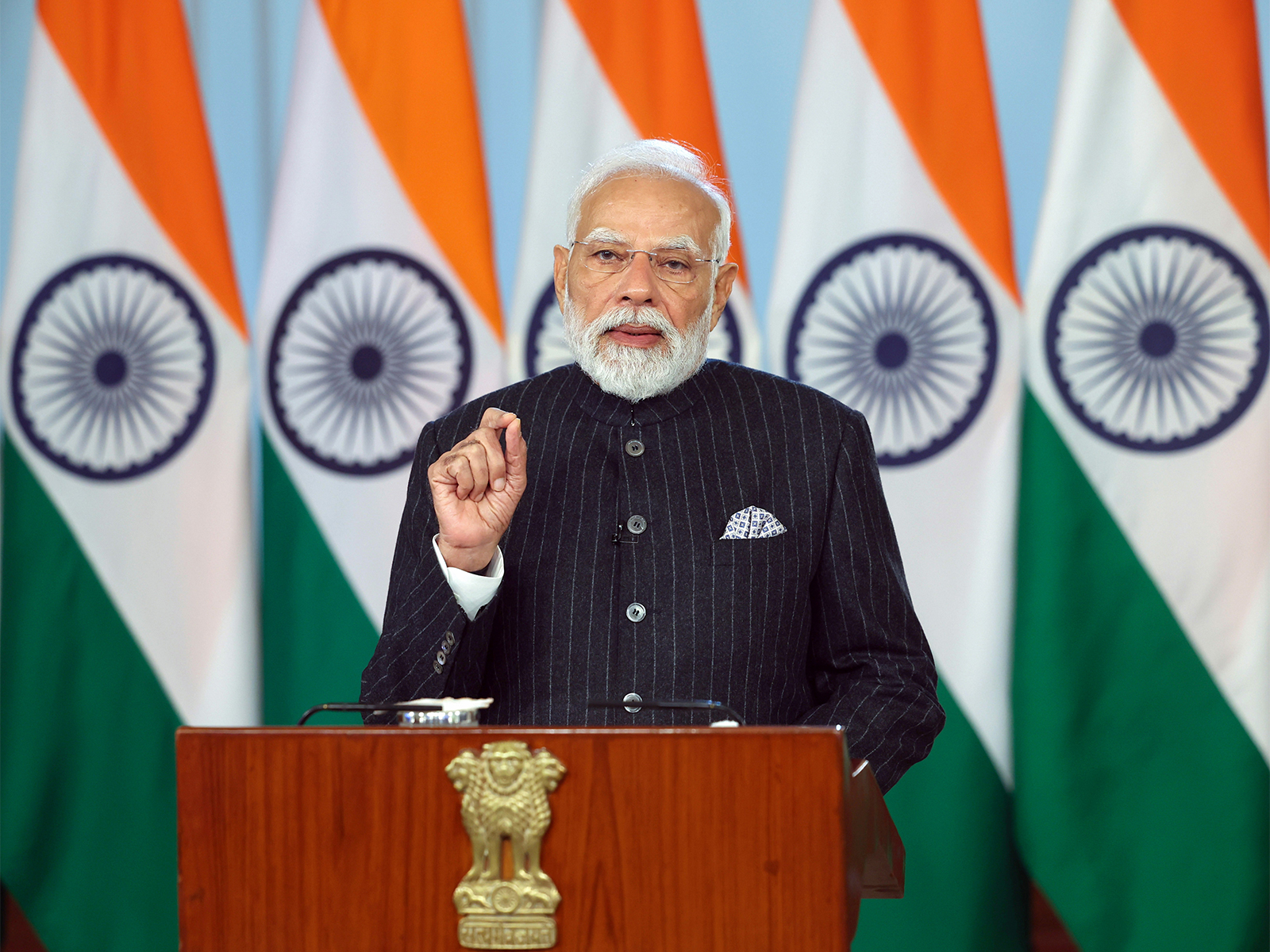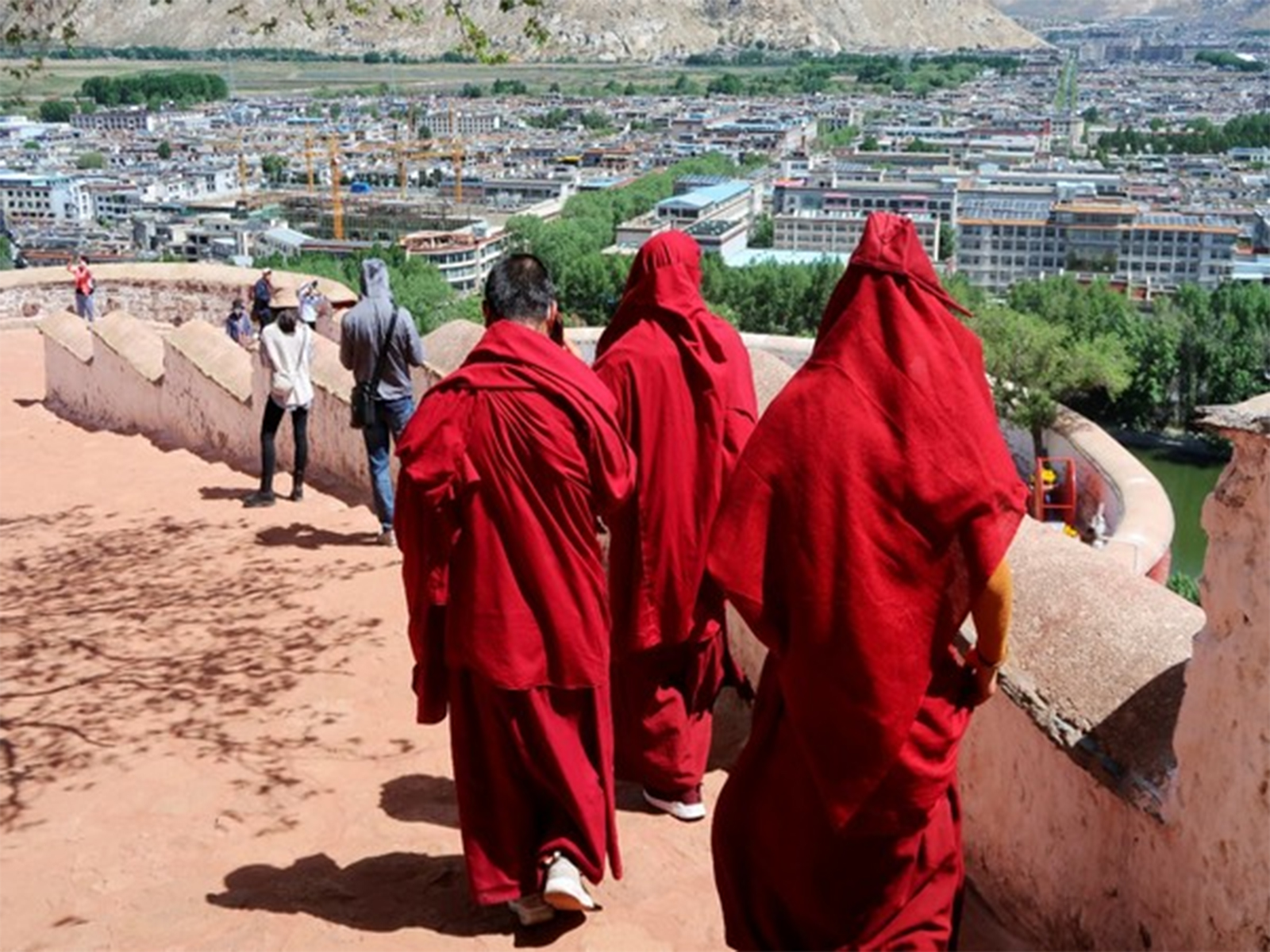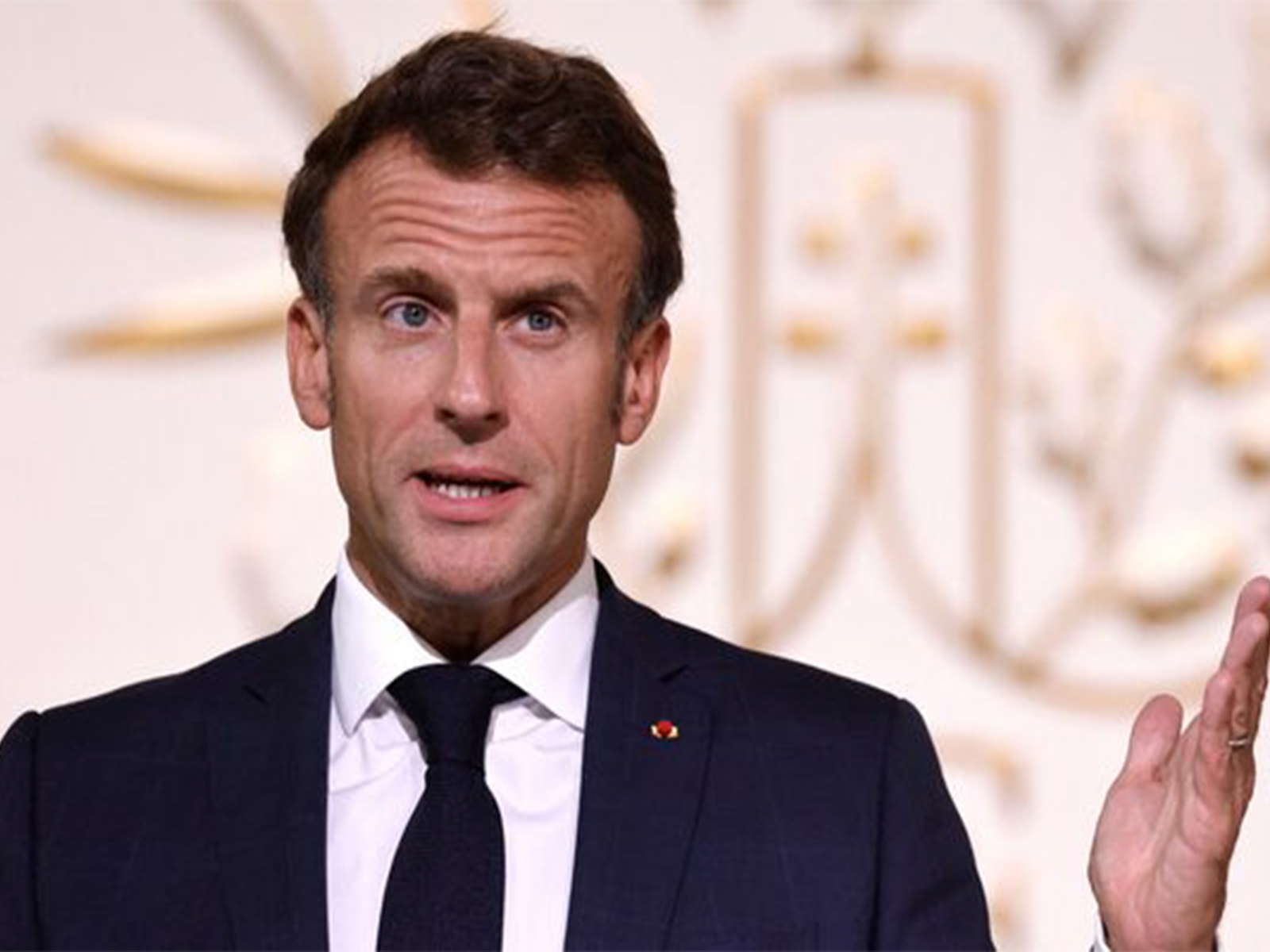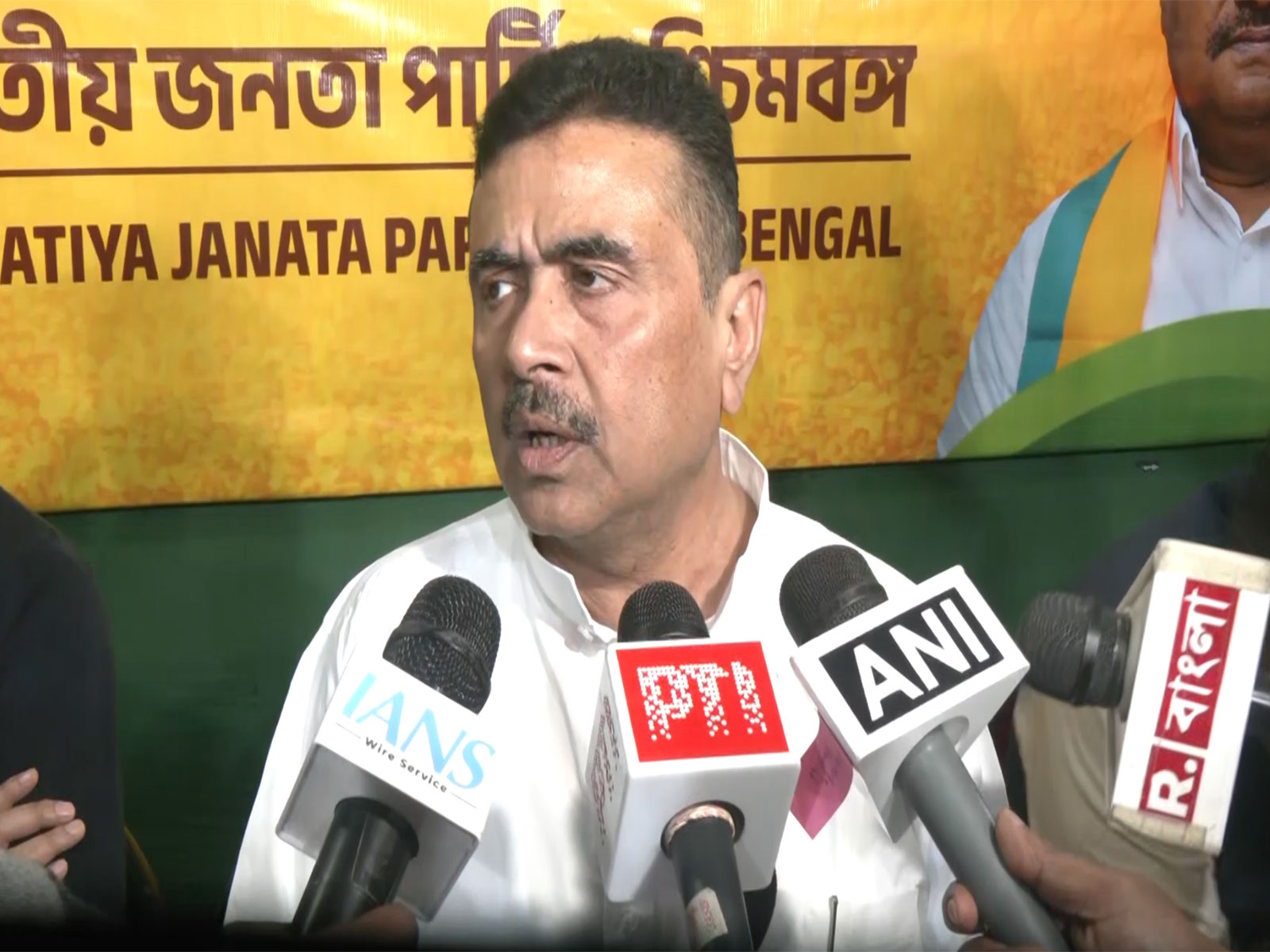'One country, two systems', other key Hong Kong phrases removed from China's annual political report
Mar 05, 2021

Hong Kong, March 5 : Less than a year after China imposed the draconian national security law to curb the pro-democracy movement, the phrases 'one country, two systems', 'Hong Kong people ruling Hong Kong' and 'high degree of autonomy' have been removed from a report of Beijing's annual political session, which began on Thursday.
According to a report by Hong Kong Free Press, the change marks the first time all three fundamental concepts underpinning the Basic Law, the city's mini-constitution, have not featured in the annual report.
The "Two Sessions" sitting will be unveiling China's new plans for Hong Kong's electoral system.
Earlier, the authorities used the national security law to stamp out street protests, ban activists from lobbying foreign governments, gut the legislature and arrest most of the opposition.
According to an earlier report by Wall Street Journal, Beijing is signaling that this is just the start with more institutional changes yet to come to ensure complete control over the city's governance and eject opponents. China's leaders are planning to revamp election rules that select Hong Kong's top officials as well as grassroots legislators.
Xia Baolong, the chief of Beijing's office on Hong Kong affairs, said in a policy speech this week in Beijing that Hong Kong can only be governed by 'patriots'. "Those who violate Hong Kong's national security law aren't patriots," he added.
Officials see a need to use the law's broad provisions more firmly to tame critical media, revamp education and tighten internet controls, fashioning the liberal financial centre in the authoritarian mold of China's other cities, reported WSJ.
Chinese officials are also repeatedly annoyed that judges often let activists go free on bail after they are charged and pressure is mounting to amend Hong Kong's judicial system.
"The law is starting to demonstrate its power... Its many rules still need to be converted to a code of conduct for the citizens in Hong Kong," Luo Huining, the director of the Chinese government's main representative office here, said in December.
Some activists have said that the crackdown in Hong Kong has paralysed dissent almost as effectively as guns and tanks did in Beijing in 1989 when crowds of student protesters were shot down around Tiananmen Square. Some dissidents have fled overseas, while others have gone underground.
Chinese officials carried out their biggest assault over the city's legislature, where opposition groups have long launched rowdy challenges to laws and policy proposed by the city's Beijing-approved government. From disqualifying pro-democracy candidates to postponing the Legislative Council polls for a year citing Covid-19, Beijing has assaulted it from several fronts.
Over 50 opposition lawmakers and activists were arrested last month on suspicion of violating the national security law, for their part in a primary election run-off last July.
According to WSJ, Chinese officials are now eyeing changes to Hong Kong's other institutional check on executive power: the judiciary. In subsequent reviews through the city's courts, government prosecutors cited a provision in the new law that deprives any defendant of bail unless they can prove they pose no further risk to national security.
The national security law has enabled the police to crack down on free speech in Hong Kong, as in the case when locals in January found that the site HKChronicles.com, which was critical of the forces, could no longer be accessed. However, the Security Bureau of the city denies taking any action against the site.



















